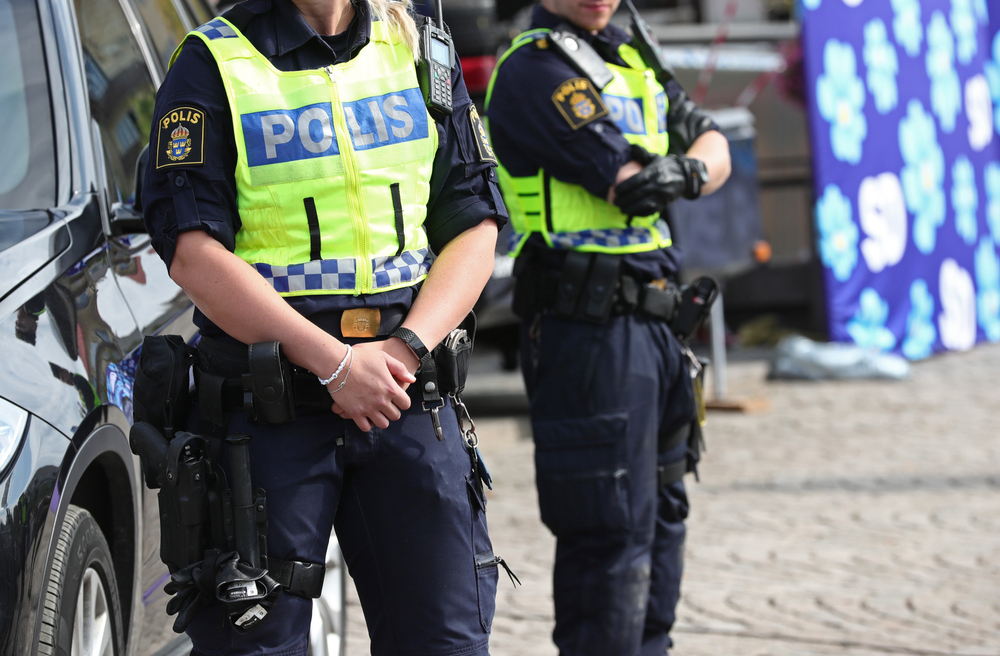As Sweden’s murder rate soars, new data shows how much migrants are overrepresented in this growing trend.
According to Swedish government data, three out of four murders are committed by migrants, and the rate of gun murders per capita in Stockholm is 30 times that of London. In 2018 alone, 162 bomb blasts rocked the country — almost one every two days. In Sweden, the number of fatal shootings has increased significantly since 2017, resulting in a record-high number of shooting murders.
Mathias Corvinus Collegium (MCC) Brussels has included this data in a new report on the profound and often out-of-control effects of mass migration on Swedish society. The report, “Multiculturalism in Flames,” examines key issues related to crime, political freedom and social cohesion, and calls for a national reckoning and re-evaluation of Swedish multiculturalism policy.
Sweden, long known for its cultural homogeneity and social consensus, has faced major changes in recent decades due to mass migration. The new report emphasizes the scale and speed of these changes.
The rise of crime, especially organized gangs, and an increase in violent crime have undermined public trust. According to the report, persons born abroad or their descendants appear in a disproportionately high number in violent crime statistics. In addition to the high murder rate, Remix News also reported that grenade attacks have doubled in the last year, while organized crime rakes in huge amounts of money.
The report also highlights growing concerns about freedom of expression; In Sweden, individuals and institutions are under increasing pressure to avoid discussing migration issues for fear of offending minorities or inciting violence. This, in turn, threatens the country’s tradition of democratic openness.
Migration has brought new tensions to Swedish political life, especially in the clash between Swedish progressive values such as gender equality and secularism and the different cultural norms brought by each migrant community.
According to the report, Sweden’s official multiculturalism policy has inadvertently contributed to these divisions by promoting diversity at the expense of social cohesion. The report calls for a bold rethinking of Sweden’s approach to migration and integration, with the following key recommendations:
- Acknowledging the failure of multiculturalism: The report urges Sweden to acknowledge that multiculturalism has not been successful in promoting unity and needs to be reformed to preserve democracy and national identity.
- Strengthening law and order: Immediate steps are needed to curb the rise of no-go zones and strengthen control over the entire territory of the Swedish state.
- Restoration of social cohesion: The emphasis should be shifted from differences to common values; with efforts to promote meritocracy and color-blind politics in education, institutions and public life.
- Fostering rational discourse: Constructive dialogue is key. Swedish society must be able to discuss these challenges openly and rationally without fear of exclusion.
- Preparing for political change: Sweden is likely to experience major political changes in the coming years, and the report calls for generosity and unity to weather these changes.
MCC’s Brussels headquarters hopes that this report will serve as a wake-up call, encouraging Sweden and other European nations to confront the challenges of migration before the social fabric is irreparably damaged.






